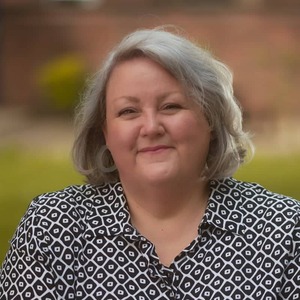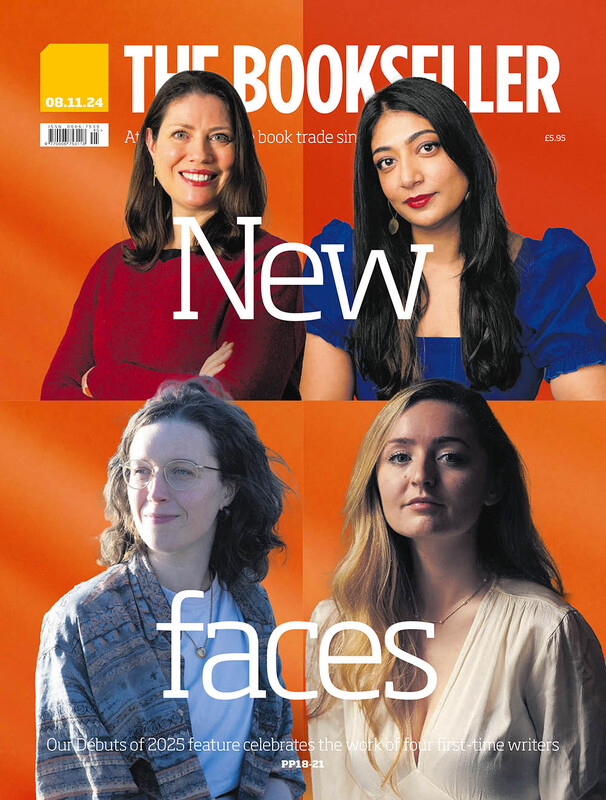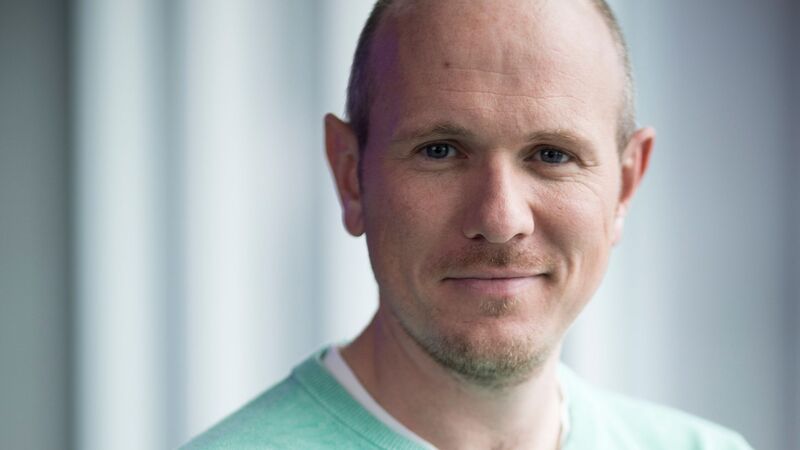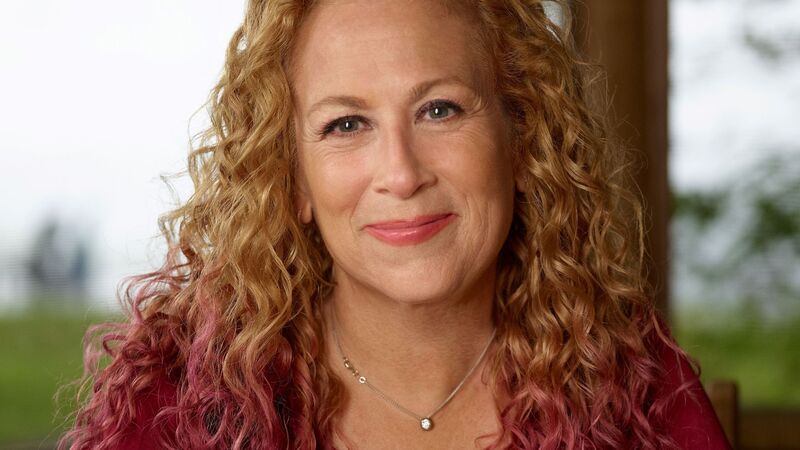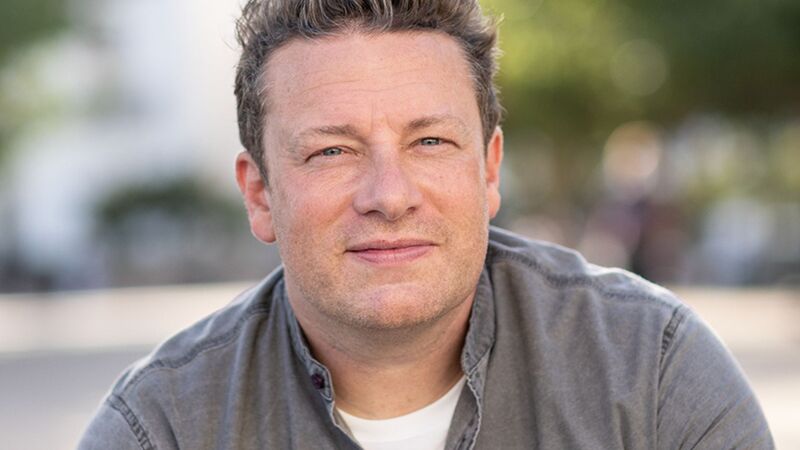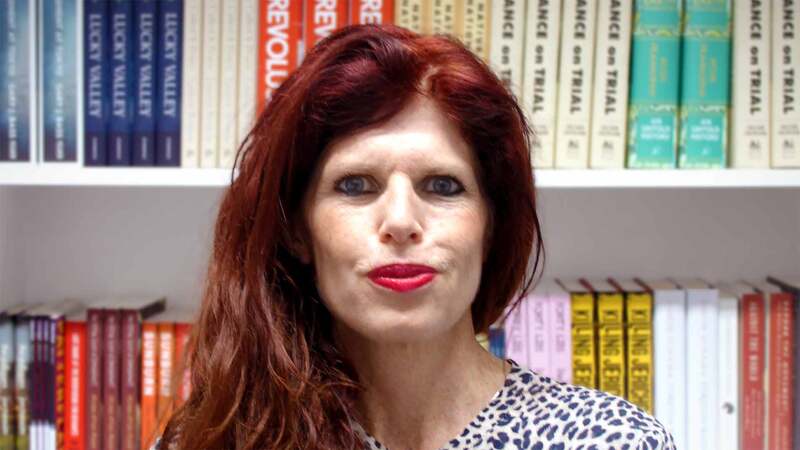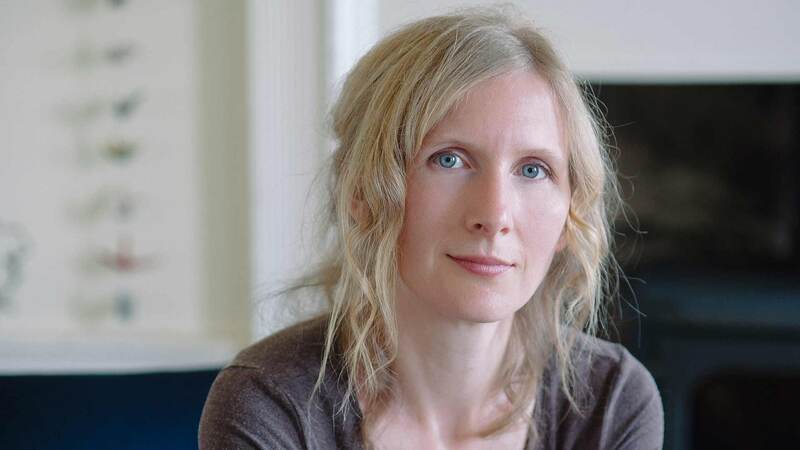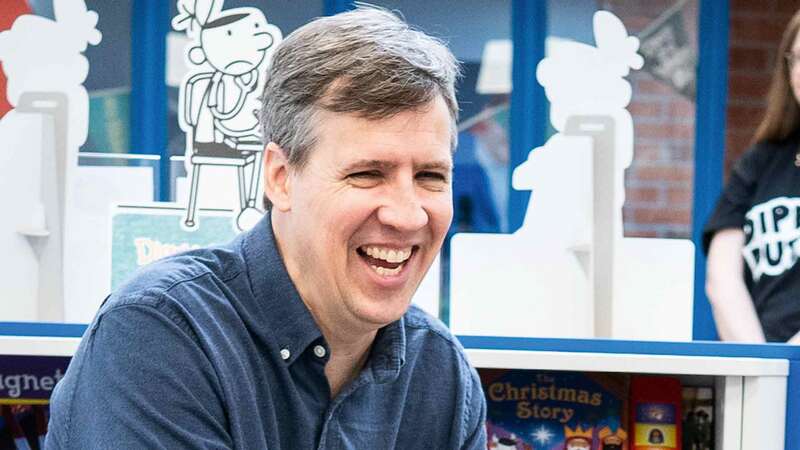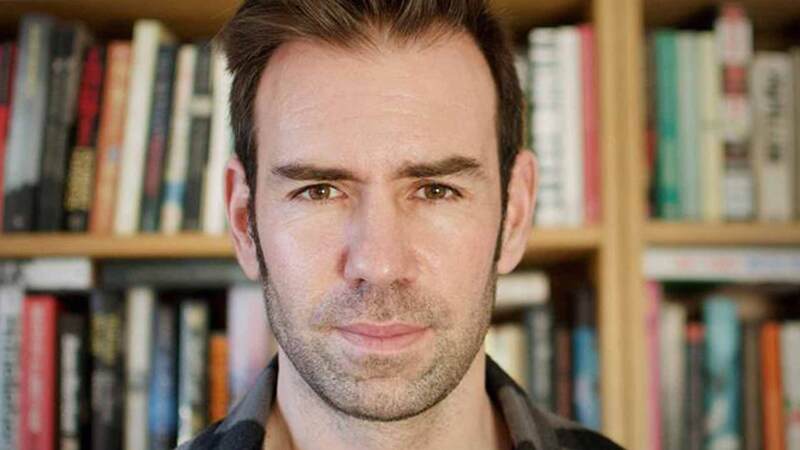You are viewing your 1 free article this month. Login to read more articles.
Writers, (un)blocked
New Writing North’s programme for underrepresented writers has yielded valuable insights for the industry.
Who gets to write? Whose stories get to be heard? Whose beliefs, values and experiences dominate our mainstream conversations? Who doesn’t get this chance and whose voices remain unheard? “Who” – to borrow from author and activist Sinead Burke – “is not in the room?”
These are questions we’ve been asking ourselves, here at New Writing North. We’ve joined forces with media and publishing partners, the Daily Mirror, Faber & Faber, Substack, Audible and the actor and philanthropist Michael Sheen to improve chances for writers from working class and underrepresented backgrounds. It’s quite the coalition. We’re far from alone, it seems, in being troubled by the dearth of diversity in the writing industries.
Previous research suggests that almost half of authors and writers come from the most privileged of starts. Just over 10% of those working in publishing come from working-class origins (compared to a third of the population as a whole). Across the newspaper industry, which shapes our national discourse, almost half (44%) of columnists attended independent schools. A third went to Oxbridge. Last year, the UK publishing workforce survey concluded that “socio-economic background continues to represent major barriers to inclusion” in the industry – noting that two-thirds (66%) of respondents are from professional backgrounds.
It was with such trends in mind that, we first launched A Writing Chance with Michael Sheen back in 2021. The goal was to take 11 new writers, from underrepresented backgrounds, and empower them to break into journalism and publishing industries, which would otherwise have unfairly high barriers to entry for them.
Changing lives – as powerful as that is – isn’t the same as changing systems
Over that year, each individual worked closely with an industry-based mentor. Some got to write for the New Statesman or the Daily Mirror. All had their work broadcast on BBC Sounds or developed longer work for submission to other outlets, including literary agents, prizes and publishers. They attended webinars, masterclasses and networking events. Each received a £2,000 bursary to support their involvement in the initiative.
The impact of the programme was remarkable. By its end:
- Three participants signed with a literary agent
- One achieved a two-book deal
- Three won or were shortlisted for awards
- Four received paid commissions from national publications
- And three received further funding to develop writing projects
It was, to quote one participant, “life-changing”. But changing lives – as powerful as that is – isn’t the same as changing systems. A lucky few can blaze a trail. But, without sustainable change, that arc of progress can vanish as fast as it appeared. Just as it did with Michael Sheen who observed: “I have watched as my own pathway has disappeared behind me and it is this sad truth, and the knowledge that when it did exist there were so many who didn’t even have access to that, that makes me feel the urgency to push for change.”
So, push for change we did – commissioning Professor Katy Shaw, from Northumbria University, to examine barriers preventing new and aspiring writers to access publishing and media industries, and identify what the sector can do to help recalibrate this imbalance.
Quite a lot, it turned out. For one, organisations could change their recruitment metrics to gauge the class background of current and potential employees. Another step would be to create mentoring opportunities. Tailored for people from working-class backgrounds. Providing them with sensitive, experienced and influential mentors. This would help to lower another barrier: networks, or lack thereof.
Across cultural industries we can see examples of progress. Some organisations have schemes designed to address a lack of diversity. To empower and enable writers from underrepresented backgrounds. These are laudable. Life changing, even.
But sustainable systemic change is going to take more work and a different kind of commitment. We know there is both the desire and appetite among organisations in the sector to address long-standing issues of access. And we know that working with industry is the only way to do this properly. That’s why we launched the new and next stage of A Writing Chance. With more partners and more participants. Our ambition is to not only support a new cohort of 16 writers to enter the industry but to continue to work with partners to look at how we can ensure future opportunities are widened out for all.
We don’t want to change a few lives (well, we do, but); we want to help drive a movement of change. We don’t just want to invite a few more people into the room; we want to remodel the whole house. Why not join us? Together, we can make this possible – and lasting.
